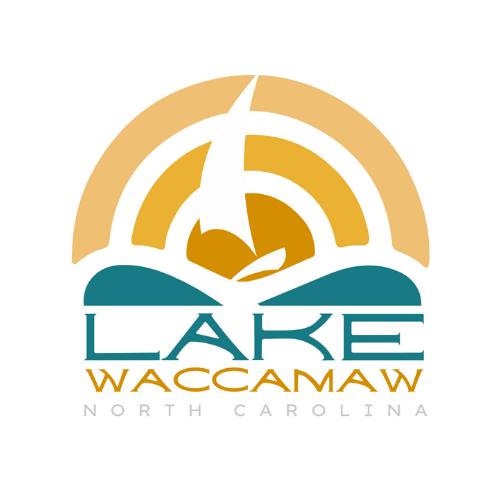Plans are underway for five multi-phase generators to be installed at county emergency shelters, thanks to a grant from North Carolina Emergency Management (NCEM).
The $185,000 grant announced Wednesday (today) comes through the Capacity Building Competitive Grant Program, funded by the General Assembly.
Teresa Smith of Columbus Emergency services said the funds will be used for design work to prepare for the permanent generators.
“The initial funding is for contracting an engineer to provide the permitting specifications for each site,” Smith said.
Portable generators are currently used for emergency shelters at Edgewood Elementary in Whiteville and the three county high schools. The plan is to eventually have new, fixed generators at each of the shelter locations.
This grant is fully-funded through the state with no match from the county.
The CBCG Program was authorized by the North Carolina General Assembly for FY24 in the amount of $1,925,578 to provide funding for building local emergency management capabilities, closing preparedness, response, or recovery gaps, and to assist local emergency management agencies across the state with building capacity to effectively respond to all-hazards.
Other grant recipients are using the funds for projects such as search and rescue training and equipment (Washington and McDowell counties), a laundry trailer (Granville County), highway message boards (Pitt County) and shelter planning and construction (Sampson, Warren and Transylvania counties).
Eligible counties must have a population of 230,000 or fewer, based on the 2021 Certified County Population Estimates from the State Demographer.
The target priorities of the 2024 CBCG Program are:
- Increasing local mass care and human services capacity.
- Preparedness initiatives.
- Improving incident management/coordination capacity.
- Improving Emergency Operations Center capabilities, to include technology initiatives for continuity of operations purposes.
- Resiliency initiatives.
- Other targeted projects as identified by a local or regional Threat Hazard Identification and Risk Assessment (THIRA).
“This will be an on-going project until its completion,” Smith said. “We will take every opportunity in applying for this very competitive grant opportunity each time it is offered through North Carolina Emergency Management.”







